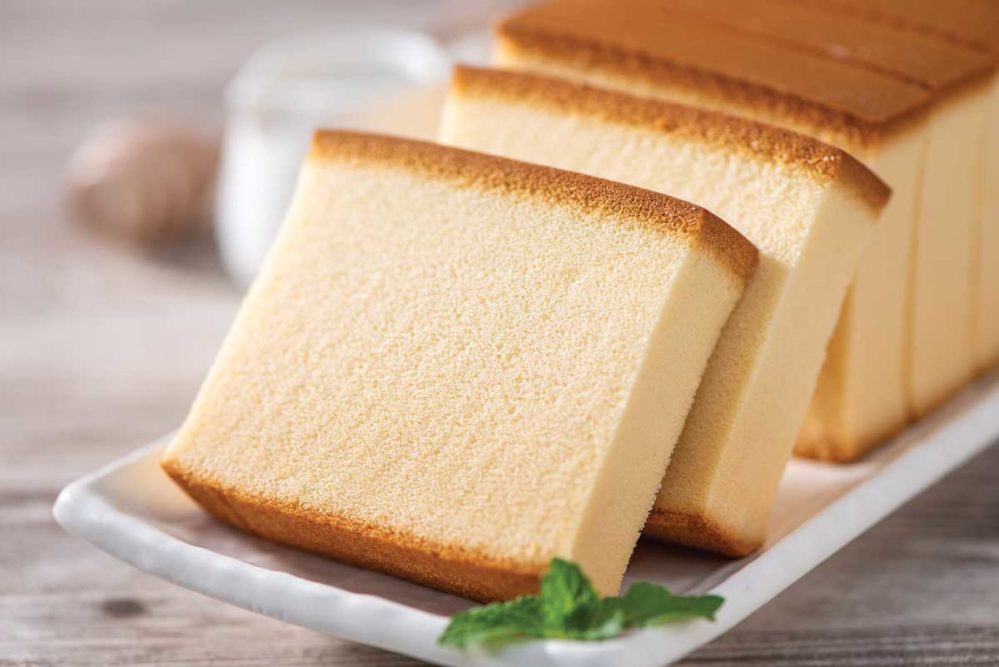Some bakers prefer to not use eggs because they want to eliminate common allergen from their facilities. However, some egg replacers may contain allergens or sensitive ingredients such as gluten or dairy, so bakers should consider the needs of their target consumer.
Arla Foods Ingredients offers an egg replacer for cakes that is based on high-quality whey protein. Sensory evaluations conducted by external panels show that cakes made with this ingredient retain a moister, fresher feel over their shelf life and have a less fragile, more resilient crumb.
Natural Products manufactures two plant-based blended egg replacement systems. They both contain the company’s proprietary soy ingredients.
“Soy is quite effective at providing emulsification,” said Jon Stratford, sales and marketing manager, Natural Products, Inc. “Combined with other plant-based functional ingredients such as wheat and gums, functional blends can be developed to provide other functional properties such as browning and structure development in batters and doughs.
By building egg replacement systems on minimally processed soy, Natural Products offers low-cost egg replacement options that benefit bakers who are not necessarily trying to achieve complete egg replacement,
Mr. Stratford added.
Even those products like high-ratio cakes that rely heavily on eggs, bakers can replace up to 50% of them in the formula, according to Tim Christensen, certified master baker, research and development bakery applications, Cargill. With the right functional system, bakers can reach that target with little to no changes in the formulation.
“Soy flour is a good choice for relatively small reductions in eggs,” he said. “We’ve found it can replace 25% of liquid whole eggs in muffins and 25 to 50% in cookies and pancakes. In these applications, soy flour helps maintain moisture and acts as a fat mimetic.”
When larger reductions are required, the company offers a modified starch designed to replace up to 25% of liquid whole eggs in cakes and pound cakes, 50% in muffins, 50 to 100% in pancakes, and 50% of egg solids in cookies.
“This modified starch mimics the processing and emulsifying properties of eggs, providing essential structure and texture,” Mr. Christensen said.
This article is an excerpt from the July 2020 issue of Baking & Snack. To read the entire feature on egg replacers, click here.






